RGV Women Poet Society open mic at Quinta Mazatlán
- Details
 Quinta Mazatlán and RGV Women Poet Society invites the community to share their poetry at an open mic under the majestic south oak tree, hosted by Texas Poet Laureate, ire’ne lara silva, Thursday night, March 5, from 6:30 to 9 p.m.
Quinta Mazatlán and RGV Women Poet Society invites the community to share their poetry at an open mic under the majestic south oak tree, hosted by Texas Poet Laureate, ire’ne lara silva, Thursday night, March 5, from 6:30 to 9 p.m.
Read more: RGV Women Poet Society open mic at Quinta Mazatlán
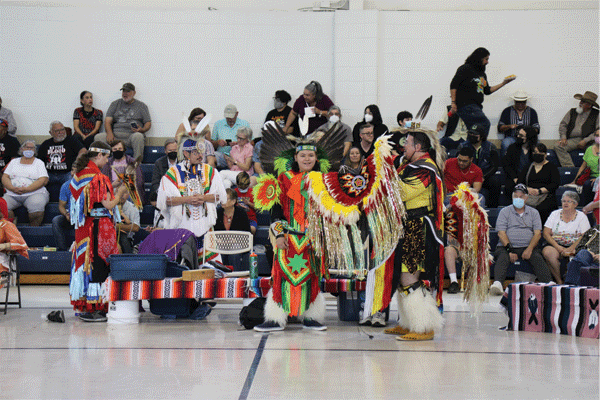
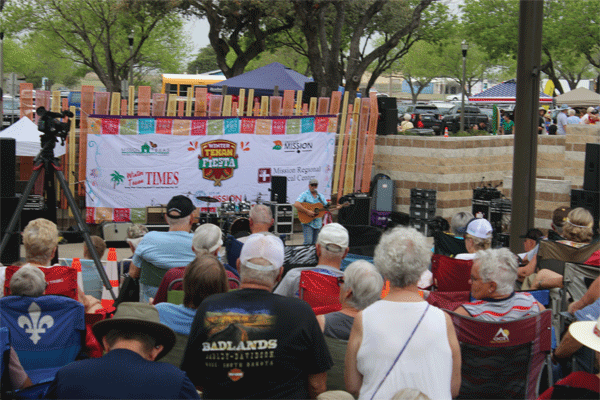












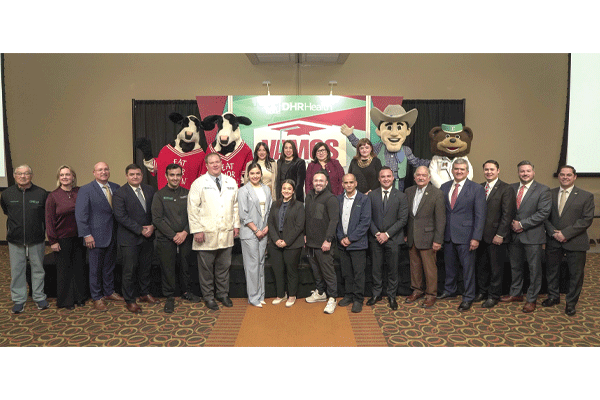 The Valley Alliance of Mentors for Opportunities and Scholarships (VAMOS) recently announced that it will host its 30th Annual VAMOS Golf Tournament, on Saturday, March 7, at Champion Lakes Golf Course in McAllen, Texas. This is the organization’s largest fundraiser and one of the most anticipated charitable sporting events in the Rio Grande Valley.
The Valley Alliance of Mentors for Opportunities and Scholarships (VAMOS) recently announced that it will host its 30th Annual VAMOS Golf Tournament, on Saturday, March 7, at Champion Lakes Golf Course in McAllen, Texas. This is the organization’s largest fundraiser and one of the most anticipated charitable sporting events in the Rio Grande Valley. The Upper Valley Art League is proud to announce the return of its Photography Exhibit, a revitalized showcase dedicated to the art and craft of photography. Titled “Revealed,” this exhibition celebrates the expressive power of the medium through original works that explore light, composition, and imagination across a wide range of subjects and styles.
The Upper Valley Art League is proud to announce the return of its Photography Exhibit, a revitalized showcase dedicated to the art and craft of photography. Titled “Revealed,” this exhibition celebrates the expressive power of the medium through original works that explore light, composition, and imagination across a wide range of subjects and styles.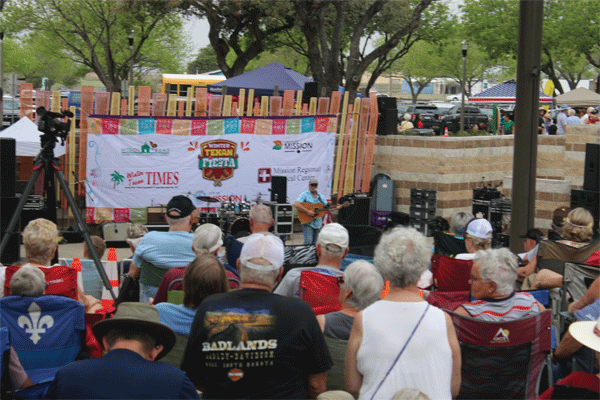 The Greater Mission Chamber of Commerce invites Winter Texans to celebrate community, culture, and live entertainment at the 2026 Winter Texan Fiesta on Friday, March 6, at Leo Peña Placita Park in downtown Mission. The annual free event runs from 11 a.m. to 3 p.m., with doors opening at 10:30 a.m.
The Greater Mission Chamber of Commerce invites Winter Texans to celebrate community, culture, and live entertainment at the 2026 Winter Texan Fiesta on Friday, March 6, at Leo Peña Placita Park in downtown Mission. The annual free event runs from 11 a.m. to 3 p.m., with doors opening at 10:30 a.m.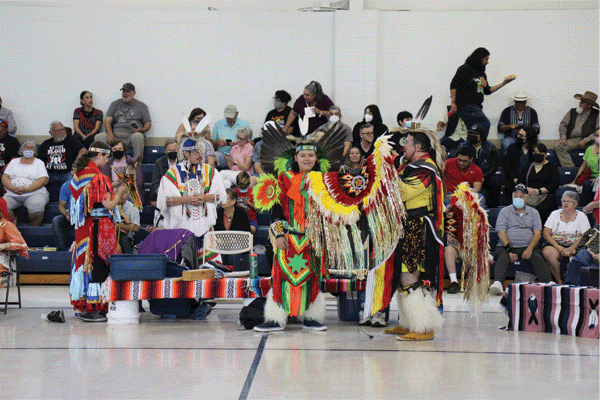 The Lipan Apache Tribe of Texas will welcome the public to celebrate Native culture, tradition, and community at the 56th Annual Ndé Dáá Homecoming Powwow on Saturday, March 7, at the Alton Recreation Center, 349 Dawes Ave. Doors open at 10 a.m. and festivities continue through 9:30 p.m.
The Lipan Apache Tribe of Texas will welcome the public to celebrate Native culture, tradition, and community at the 56th Annual Ndé Dáá Homecoming Powwow on Saturday, March 7, at the Alton Recreation Center, 349 Dawes Ave. Doors open at 10 a.m. and festivities continue through 9:30 p.m. Registration is now open for the Gladys Porter Zoo’s annual 5K and 1-mile fun run to support ocelot conservation. This popular event is likely to sell out. The Ocelot 5K Run will take place on March 7 starting at 7:30 a.m., and the 1-mile fun run will start at 8:30 a.m. at the Gladys Porter Zoo.
Registration is now open for the Gladys Porter Zoo’s annual 5K and 1-mile fun run to support ocelot conservation. This popular event is likely to sell out. The Ocelot 5K Run will take place on March 7 starting at 7:30 a.m., and the 1-mile fun run will start at 8:30 a.m. at the Gladys Porter Zoo.




